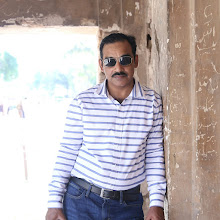Adolf Hitler: Disentangling the Conundrum of His Strict Perspectives
Adolf Hitler's strict convictions stay a riddle, set apart by logical inconsistencies and equivocalness. Naturally introduced to a Catholic family, he went to a Catholic cloister school, however as he developed, his relationship with coordinated religion became perplexing.
Hitler's public discourses frequently highlighted strict language and images, decisively utilized to resound with an overwhelmingly Christian populace. Conversely, his confidential assertions uncovered a more wary mentality towards customary Christianity.
While some contend that Hitler inclined towards skepticism, his references to a Maker in "Mein Kampf" and the essential coalitions with the Catholic Church, for example, the Reichskonkordat in 1933, recommend a nuanced approach. Hitler's public persona appeared to oblige strict feelings, maybe as a political system to gather support.
The system he drove, in any case, didn't reflect strict resistance. Hitler's arrangements designated different strict gatherings, including Jehovah's Observers and church reproachful of the Nazis. The Nazis looked to supplant customary strict practices with a type of agnostic philosophy, underlining Aryan predominance.
Hitler's own convictions, whether genuine or manipulative, are slippery. His activities, strikingly the destruction during the Holocaust, eclipse any endeavor to unravel his strict perspectives. The intricacies encompassing Hitler's relationship with religion act as a wake up call of the risks when political philosophy interweaves with issues of confidence.



0 Comments